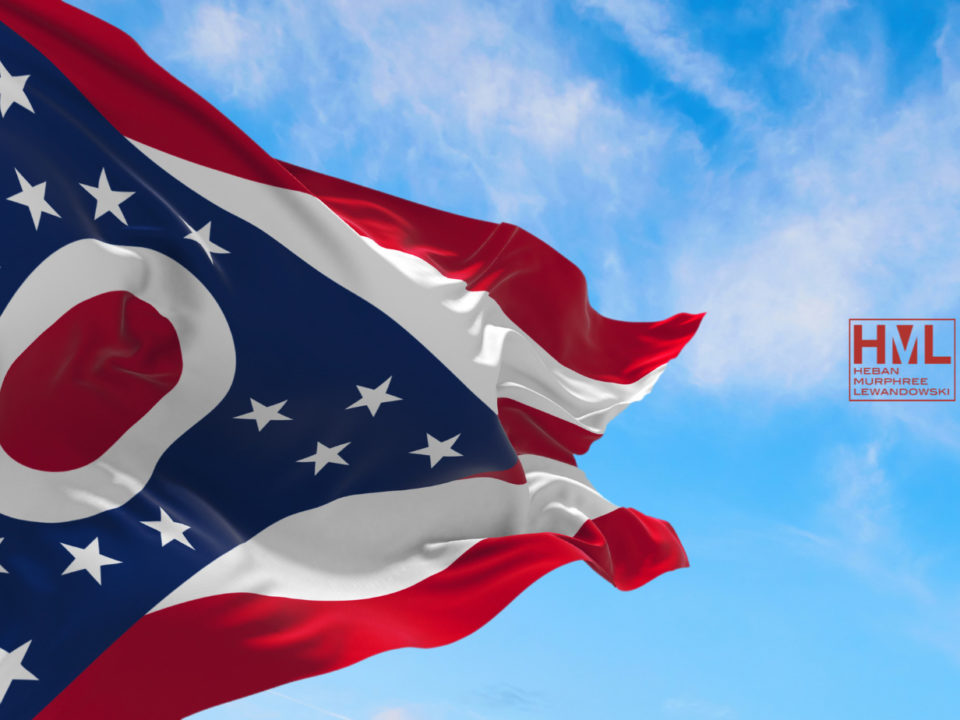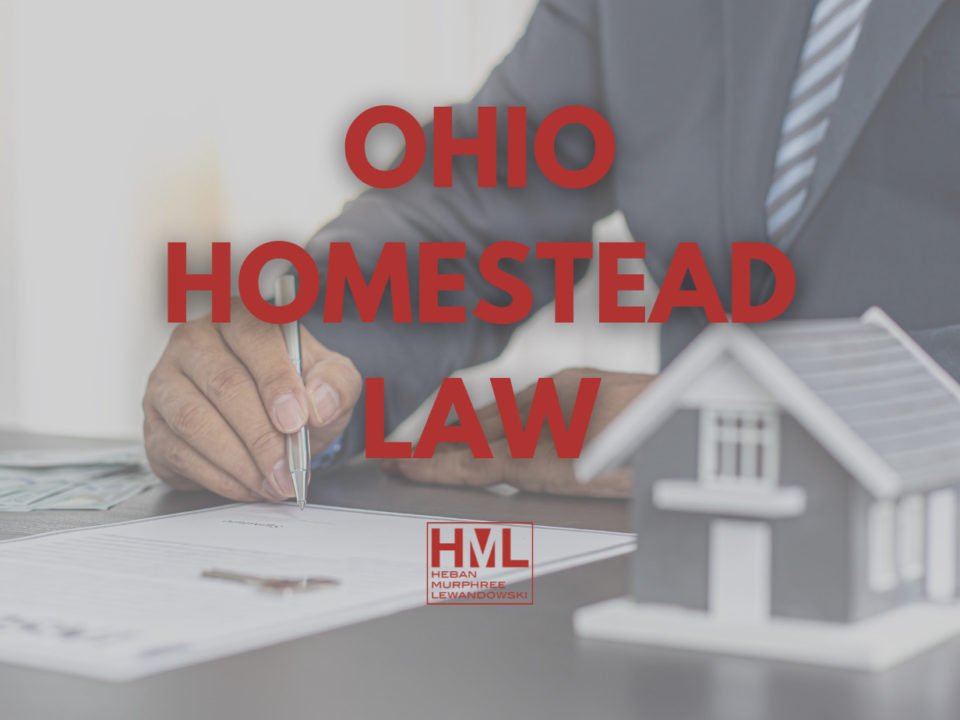- EXPERIENCED LAW FIRM IN TOLEDO, OH
- (419) 662-3100
Legal Strategies for Ohio Agricultural Operations

Fraud in Will Creation
July 2, 2024
What Are Beneficiary Designations?
August 7, 2024Agricultural Law in Ohio
Agricultural law is fundamental for Ohio’s farming community. It deals with the legal issues surrounding crop and livestock production, food safety, land use, resource management, and environmental protection. It ensures that agricultural practices are sustainable, economically viable, and legally compliant.
The 1980s saw the passage of key agricultural laws that were instrumental in addressing the economic hardships faced by farmers and implementing significant reforms to tackle environmental issues related to farming practices. These laws, which form the foundation of current agricultural regulations, have been pivotal in promoting balanced growth, environmental stewardship, and the protection of farmworkers’ rights. They have significantly shaped the modern landscape of Ohio’s agriculture.
Agricultural Leases
Formal lease agreements are a cornerstone of agriculture, clearly defining landlords’ and tenants’ obligations and rights. They ensure a smooth operation and reduce the potential for disputes. There are different types of leases, each with its own legal considerations. For instance, cash leases involve the tenant paying a fixed rent, while crop-share leases see the landlord receiving a portion of the crop yield. Hybrid arrangements that combine elements of both are also common.
Legal considerations for absentee landlords and tenant farmers include ensuring the lease terms are comprehensive and legally sound, covering payment schedules, land use, maintenance responsibilities, and dispute resolution mechanisms. This formalization helps protect the interests of both parties and fosters a transparent, cooperative relationship.
Business Organization for Agricultural Operations
Choosing the right business structure for your agricultural operation is critical as it impacts tax obligations, estate planning, and business succession. Various structures include sole proprietorships, partnerships, and corporations, each offering distinct advantages and considerations.
To decide the best fit for your agricultural business, evaluate the following factors:
- Sole Proprietorships: These are simple to establish with full control but involve personal liability for debts and obligations.
- Partnerships: Shared responsibilities and resources, but potential for conflicts and shared liability.
- Corporations: Limited liability protection and potential tax benefits, but more complex to set up and manage.
Agritourism in Ohio
Agritourism combines agriculture and tourism, allowing farm and ranch owners to diversify and increase profits by offering activities such as farm tours, petting zoos, and seasonal events. While agritourism provides numerous benefits, including additional revenue streams and community engagement, it also introduces legal risks, such as increased liability for accidents and injuries. Under Ohio law, operators are protected by statutes that limit liability if they adhere to specific safety regulations and provide clear warnings to visitors.
To safely incorporate agritourism into your business, consult a knowledgeable attorney to ensure compliance with state laws, implement safety protocols, and secure appropriate insurance coverage.
Conservation Easements and Programs
Conservation easements protect land from development while preserving its agricultural and environmental value, offering benefits such as tax incentives and maintaining biodiversity. Federal conservation programs like the Wetlands Reserve Program (WRP), Conservation Reserve Program (CRP), Conservation Stewardship Program (CSP), and Environmental Quality Incentives Program (EQIP) provide financial and technical assistance to landowners.
These programs support land management and environmental protection by funding projects that restore wetlands, reduce soil erosion, enhance wildlife habitats, and improve water quality. By participating in these programs, landowners can ensure the sustainable use of their land.
Liability in Agricultural Operations
In today’s market, farm and ranch operations face increased liability risks, particularly when selling products directly to consumers. To protect your business and minimize these risks, it’s necessary to implement specific legal measures.
Here are key steps to mitigate liability:
- Obtain Adequate Insurance Coverage: Ensure comprehensive liability insurance covers potential claims.
- Implement Safety Protocols: Establish and maintain rigorous safety standards for product handling and visitor interactions.
- Use Clear Signage and Disclosures: Inform customers about potential risks and safety guidelines through well-placed signs and written disclosures.
- Create and Maintain Records: Keep detailed records of safety measures, product sourcing, and customer interactions to provide evidence in case of disputes.
- Consult with an Attorney: Work with a legal professional to draft liability waivers, review compliance with local regulations, and stay updated on legal requirements.
Estate Planning and Taxation
Estate planning is essential for farm and ranch operators to ensure a smooth transfer of operations to future generations, minimize tax liabilities, and prevent family disputes. Important considerations include choosing and preparing a capable successor, creating buy-sell arrangements funded through mechanisms like life insurance, and selecting the right business structure (sole proprietorship, partnership, corporation) to meet your goals.
Effective strategies involve working with an estate planning attorney to draft necessary documents, regularly updating plans to reflect changes, utilizing conservation programs like WRP, CRP, CSP, and EQIP for enhanced land management, and maintaining open communication with family members to ensure understanding and agreement.
Wind Energy Development
Wind projects significantly impact rural Ohio, offering potential financial benefits but presenting challenges for farm and ranch operations. Negotiating wind lease agreements requires careful legal consideration to ensure favorable terms and protection of the landowner’s interests. Factors include the duration of the lease, compensation structure, land use restrictions, and provisions for land restoration after the lease ends.
Long-term implications can include changes to land use patterns, potential interference with farming activities, and enduring commitments that can last for decades. Consulting with an attorney ensures that the lease agreement maximizes financial gain while safeguarding the viability of agricultural operations.
Water, Oil, Gas & Minerals
Oil, gas, and mineral development involves understanding lease offers and surface use agreements, protecting property interests, and maximizing returns under Ohio’s reasonable accommodation doctrine. Important steps include:
- Evaluate and Negotiate Lease Offers: Ensure favorable terms.
- Protect Land Use Rights: Secure provisions in surface use agreements.
- Maximize Returns: Utilize legal strategies.
Water rights are crucial for farm and ranch operations, requiring legal assistance with applications, permits, and navigating Ohio’s Water Court. Key considerations to think about:
- Secure Water Rights: Ensure legal compliance.
- Manage Permits: Handle filings and updates.
- Contact Local Resources: Address disputes and regulatory issues with expert help.
Need Legal Help?
Each aspect requires careful legal consideration, from managing leases and embracing agritourism to understanding conservation programs and handling oil, gas, and water rights. At HML Law, we specialize in providing comprehensive legal support tailored to the unique needs of Ohio’s agricultural community.
If you need expert guidance to safeguard your agricultural business and ensure compliance with relevant laws, contact us for a consultation.










